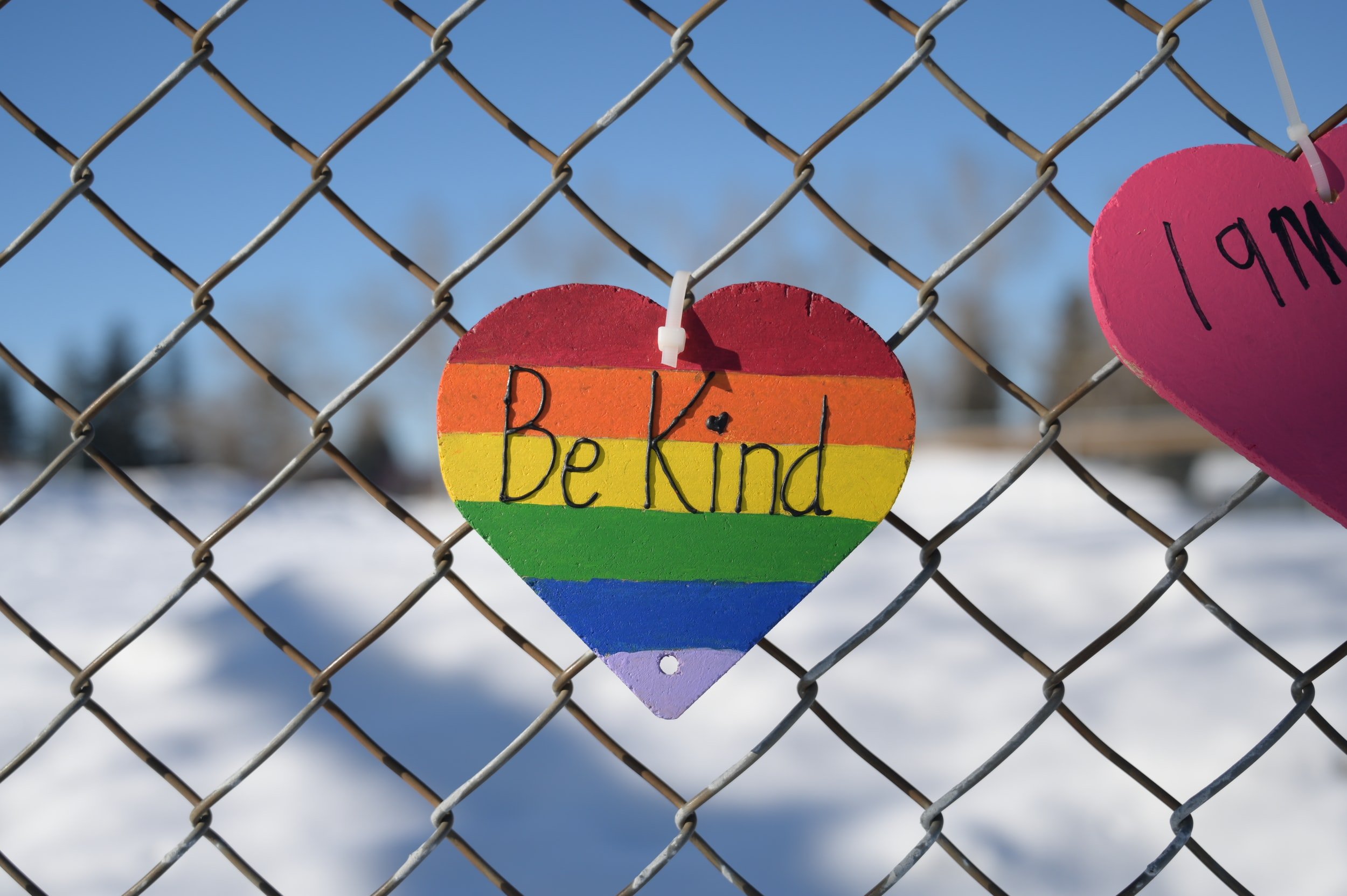How to Mitigate Caregiver Burnout
Caring for a loved one is a very rewarding job, however, it is also very demanding and overwhelming. Throughout the carer journey you will likely experience a full spectrum of emotions from joy, love and pride to sadness, frustration and even anger. All of these emotions are valid and it is important to honour them as if the stress of caregiving is left unchecked, it can take a toll on your health, relationships and state of mind.
Burnout is a state of emotional, mental, and physical exhaustion and when you get to that point, both you and the person you’re caring for suffer. Fortunately, there are lots of ways to mitigate carer burnout to ensure both you and your loved one can live full lives.
1. Learn how to identify the signs
Caregiving is often a long-term relationship that changes and evolves over time. You may be in a caregiver role for years or even decades and so the emotional impact can snowball without you noticing. Common signs include:
Physical exhaustion: No longer being able to complete tasks you were once capable of.
Apathy: You no longer feel concerned for yourself or the person you are caring for.
Irritability: Overreacting to minor nuisances or feeling unreasonably angry.
Trouble relaxing and switching off: You have trouble relaxing, even when help is available.
Withdrawal: Avoiding family or friends, and cutting back on leisure activities.
Difficulty sleeping: Even though you feel exhausted, you find it difficult to sleep.
Changes in appetite or weight: Loss or gain in appetite, increased reliance on comforts such as drinking and smoking.
Often unwell: You feel rundown or like you are catching every illness going around. If you are constantly stressed and not looking after yourself, your immune system suffers.
Pessimism and resentment: You feel helpless and increasingly resentful.
2. Ask for help and share the load
It’s impossible to be everything to one person - and you don’t have to be. Relinquishing control and sharing the load can be hard, so I find it helpful to write out a list of all of the tasks that need to get done; transport to medical appointments, picking up some groceries, accompanying to a birthday, showering. Then delegate. If you have siblings, spouses, friends or neighbours that can help, show them the list and let them tell you what they can help with. A problem shared is a problem halved. Many people want to help, sometimes they just don’t know what will be most useful - let them know what you need and they will feel so good about helping.
3. Accept help you are offered
This might seem obvious, but generally we really struggle to accept the help that people so freely offer. It may be because we don’t want to impose or feel like a burden or sometimes we might be too proud as we think we should be able to do it ourselves. However, the sustainability of the caring arrangement is paramount and when people offer help, take them up on it.
4. Make time for yourself
When you go through the safety briefing on a flight, they always say “fit your own oxygen mask first, before assisting others”. Why? Because you can’t possibly help someone if you are struggling to breathe. Caring is the same.
You are important too. Sometimes our identity becomes that of a carer when we are in fact a whole, full human that also has needs. It’s not selfish to make time for yourself - whether that’s time spent on hobbies, catching up with friends, exercising or even just scheduled alone time. You cannot pour from an empty cup, so prioritise your own health too.
5. Know what support is available and how to access it
There are lots of options for accessing respite and in-home care such as through a Government subsidised Home Care Package. To find out more about services you and your loved one might be eligible for, contact My Aged Care to arrange an assessment or Vitality Club to find out about our HCP program and download your free guide to home care here.
6. Be kind to yourself
You are doing the best you can and your loved one is very grateful and lucky to have your support.
Gemma Whitley


